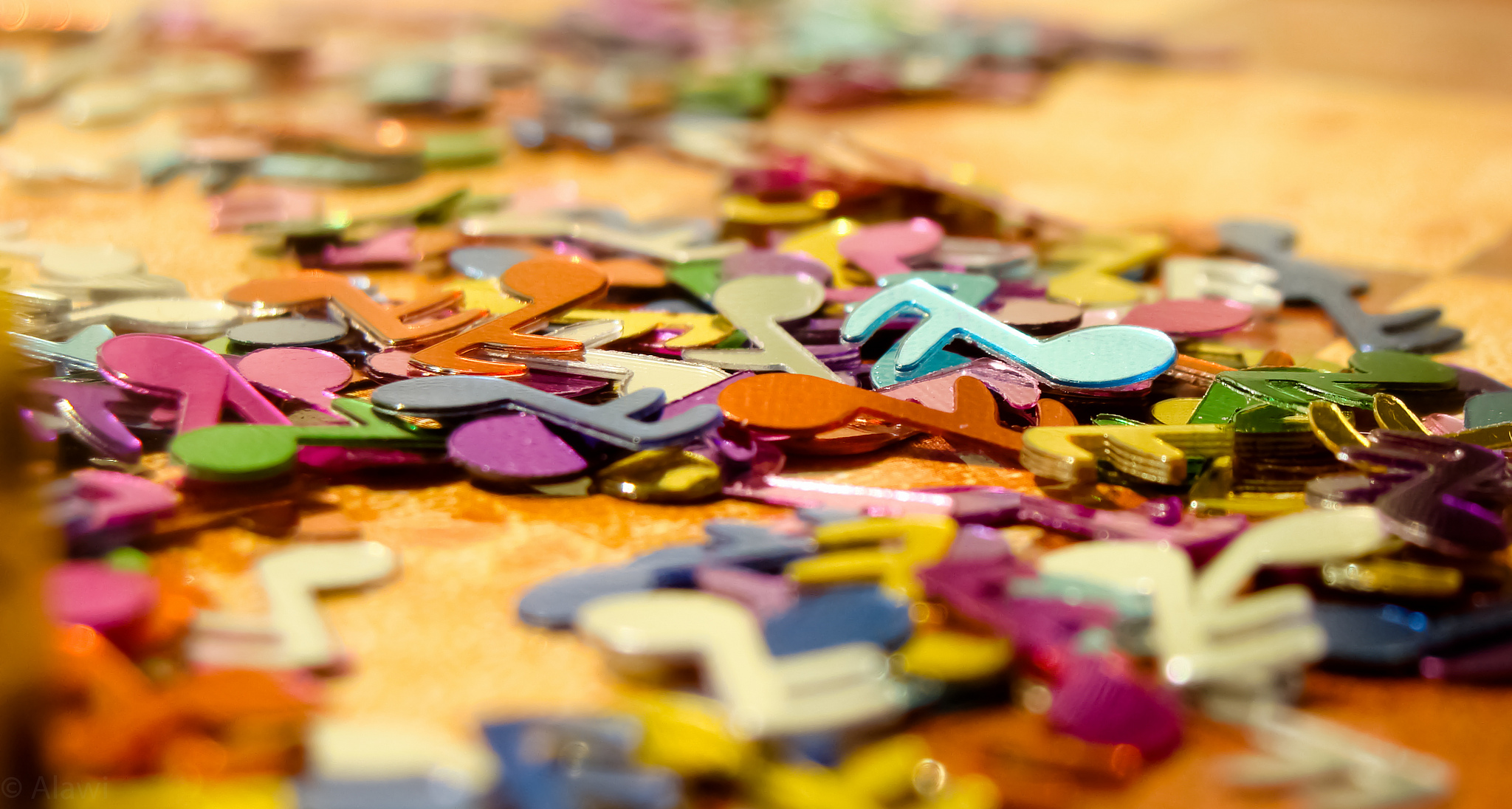“Music is the mediator between the spiritual and the sensual life.” -Ludwig Van Beethoven
Goosebumps, chills down the spine, a rapid pulse – all are subconscious reactions we feel after listening to quality, tear-jerking ballads. Emotionally intense music stimulates the reward center of our brain and makes our bodies produce dopamine (the ‘love hormone.’) It’s the same feeling we get from food, drugs—and sex. The more intense the emotions elicited, the more dopamine is released.
Teams of psychologists have recently deconstructed our favorite songs to explain exactly which features produce the strongest emotional reactions. The results were surprisingly mathematical–and surprisingly applicable to relationships. See why music may actually be the best indicator of what works in a relationship—and what does not.
Lean on Me
Twenty years ago, Dr. John Sloboda dissected 20 ballads to understand why we react so strongly to them. The answer, he found, had to do with one musical ornament: the appoggiatura.
Essentially, an appoggiatura (derived from the Italian word, “to lean”) is a suspension of one note that clashes with the underlining melody.
“This creates tension in the listener,” British psychologist Martin Guhn recently told the Wall Street Journal. “When the notes return to the anticipated melody, the tension resolves, and it feels good.”
Guhn spearheaded a separate study in 2007, which analyzed why certain passages of music had the highest “chill” factor. His team discovered that people respond to the following four dimensions.
- Songs that begin softly and suddenly become louder.
- Songs that feature the unexpected entrance of a new voice
- Unexpected deviations in the melody.
- Sudden expansion of frequencies (adding another octave, for example.)
Good examples include “Someone Like You and “Without You.”
The four attributes listed above may not only explain why we fall in love with songs—they also explain how to we fall in love in general. Humans respond to gradual escalations of intensity and deviations from the norm. The success of love ballads (and relationships) boils down to one, crucial feature: the element of surprise.
The Surprise Theory
We fall in love with unexpectedness. In Psychology Today, Harry Beckwith notes how Over The Rainbow has a brilliant, unforeseen octave leap at its opening; The Rolling Stones’ Tears Go By surprises us with its classical violins; Stevie Wonder’s Superstition uses only black keys to give a new, unprecedented sound.
The surprise factor in music is not new; classical composers have known about that trick for hundreds of years. Many began their compositions with the tonic chord (think: Mozart), orienting the listener with a stable, solid beginning. The rest of the piece launches into a progression away from the tonic, leaving the listener to constantly wonder how the piece will return to its tonic root.
The mystery of music is part of the reason we love it so much – as Sloboda wrote: “As in any love affair, it is the sense of never-ending discovery which gives impetus to the love.”
How to Become a Love Song
If a song can be engineered to produce a near-Pavlovian response in a listener, the question becomes: how can you make yourself elicit the same response?
The studies above teach us that our brain likes surprises. If a song is entirely predictable, we lose interest. Likewise, if a relationship descends into mundane, repetitious patterns, neither person is taking advantage of all the reward centers the brain has to offer.
This isn’t to say we should seek conflict, or construct confusing mind games to spice up a relationship. Surprises can be small – two concert tickets, or a note on the bathroom mirror.
It’s important to note that in successful tear-jerking songs, the appoggiatura always resolves—and the listener knows that it will resolve. We all seek a paradoxical blend of spontaneity and predictability in our lives. While variations, suspense, and some degree of intrigue are necessary to hold our attention, at the end of the day, we still want to know that we’re returning to a safe, stable place.
Balancing spontaneity with stability? Maybe that’s the way to make sure that someone will always love you.






